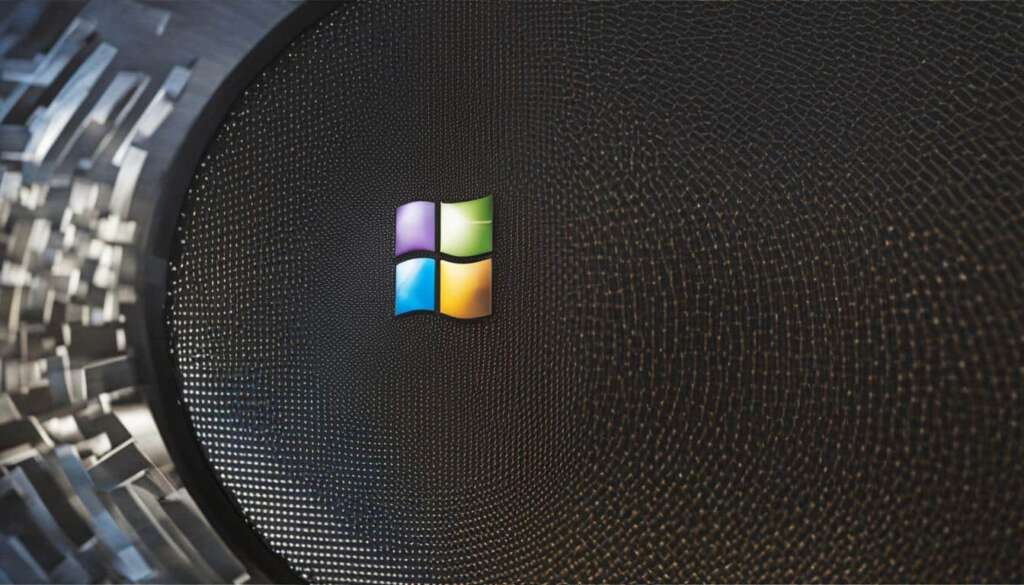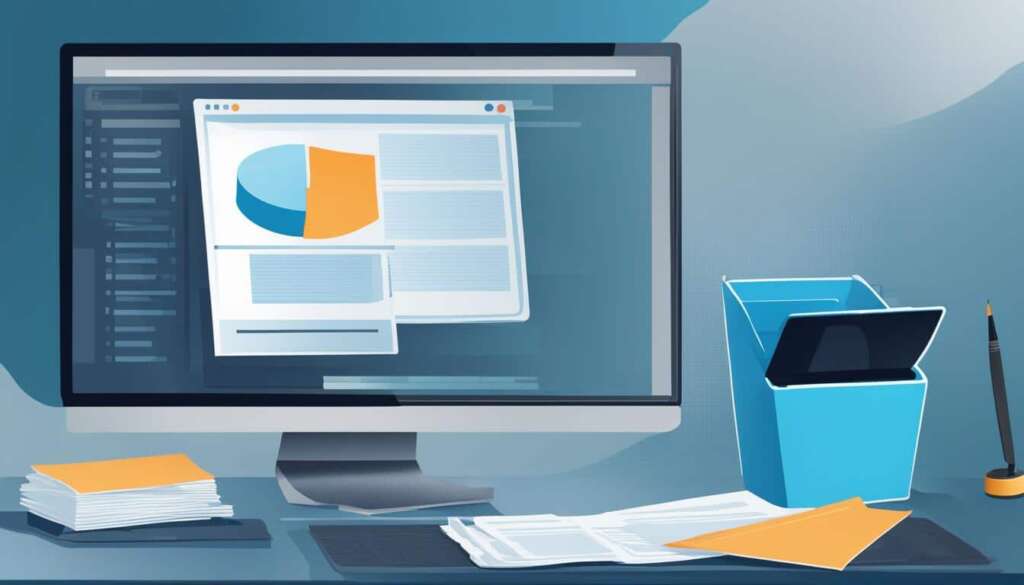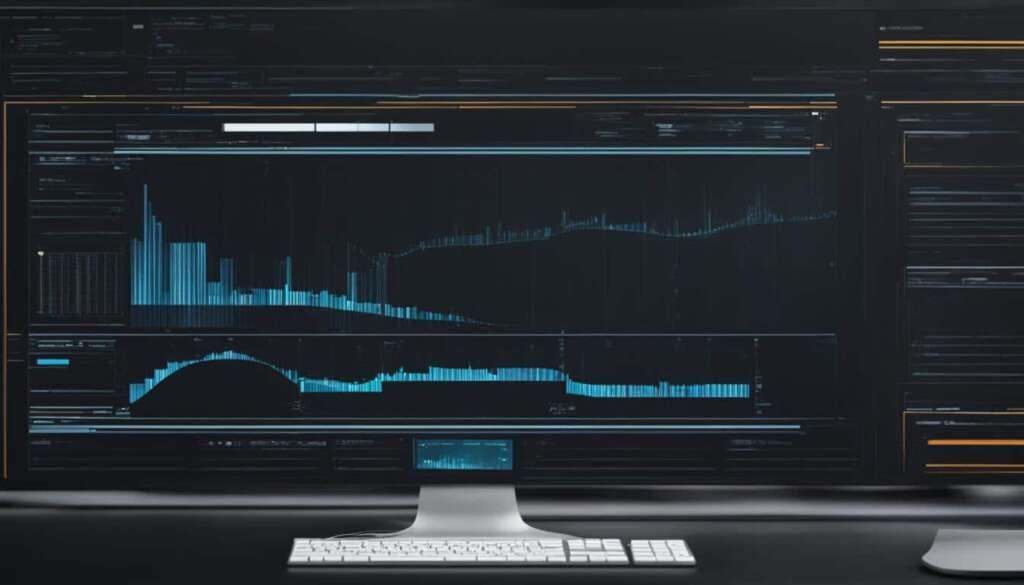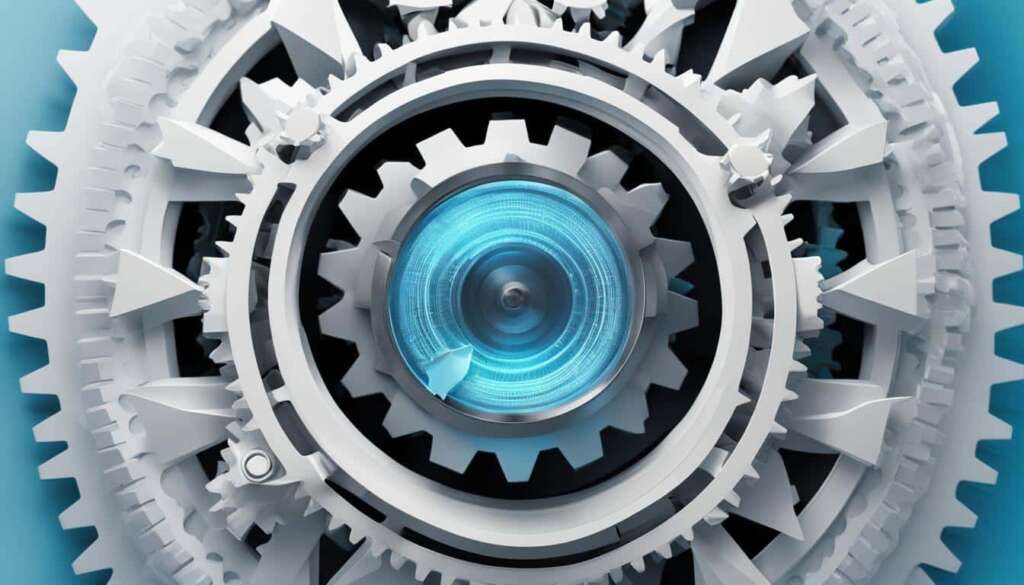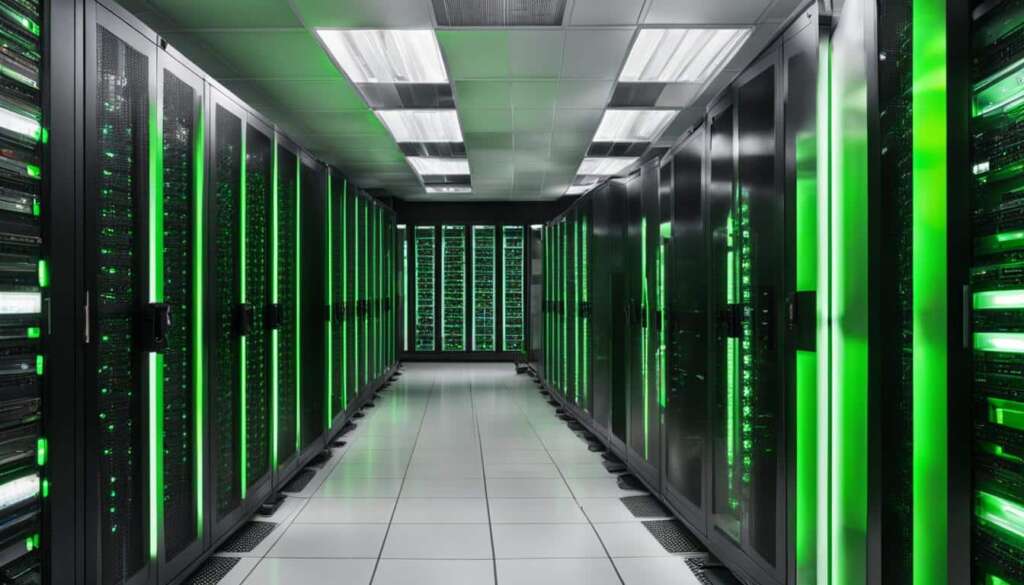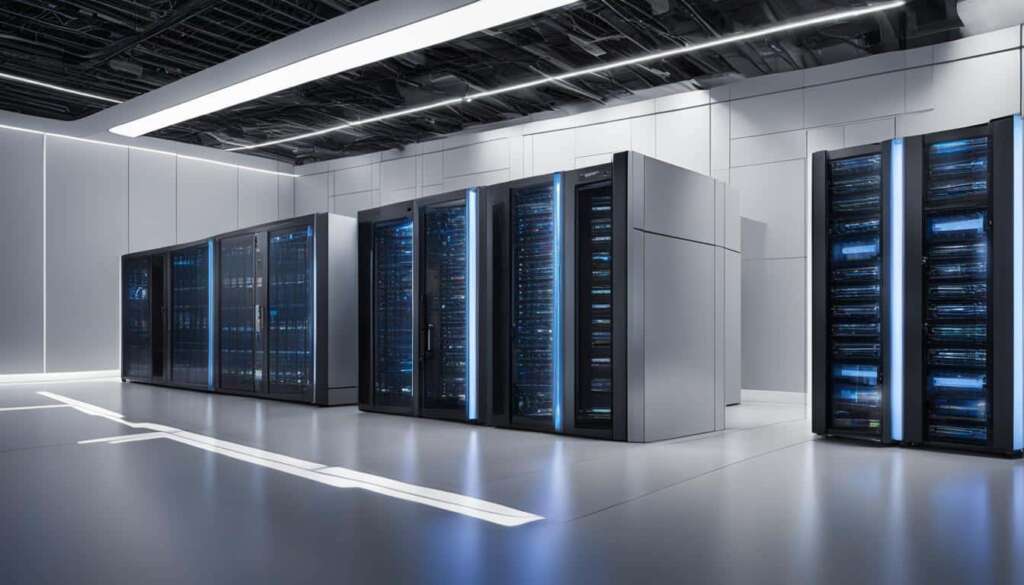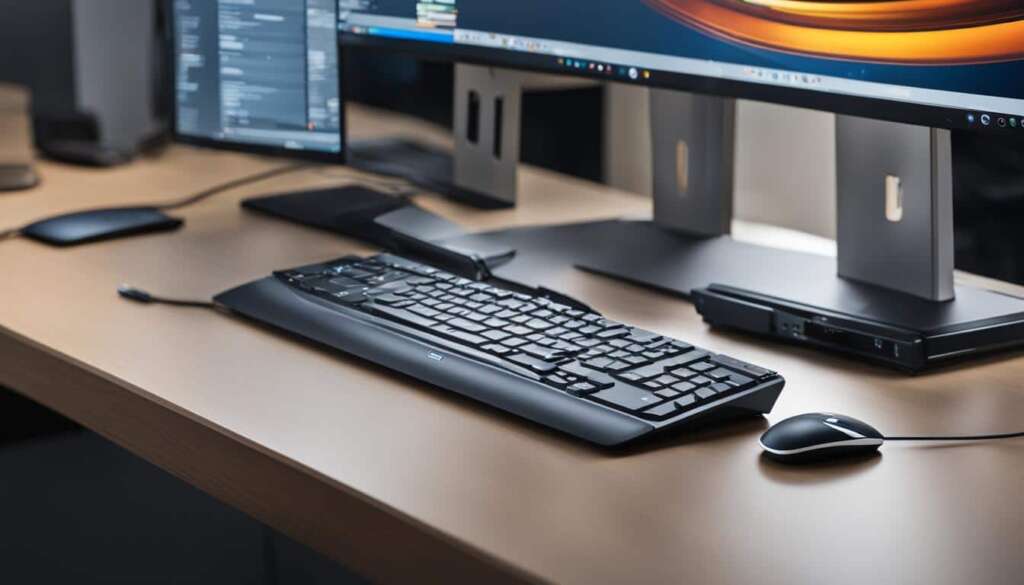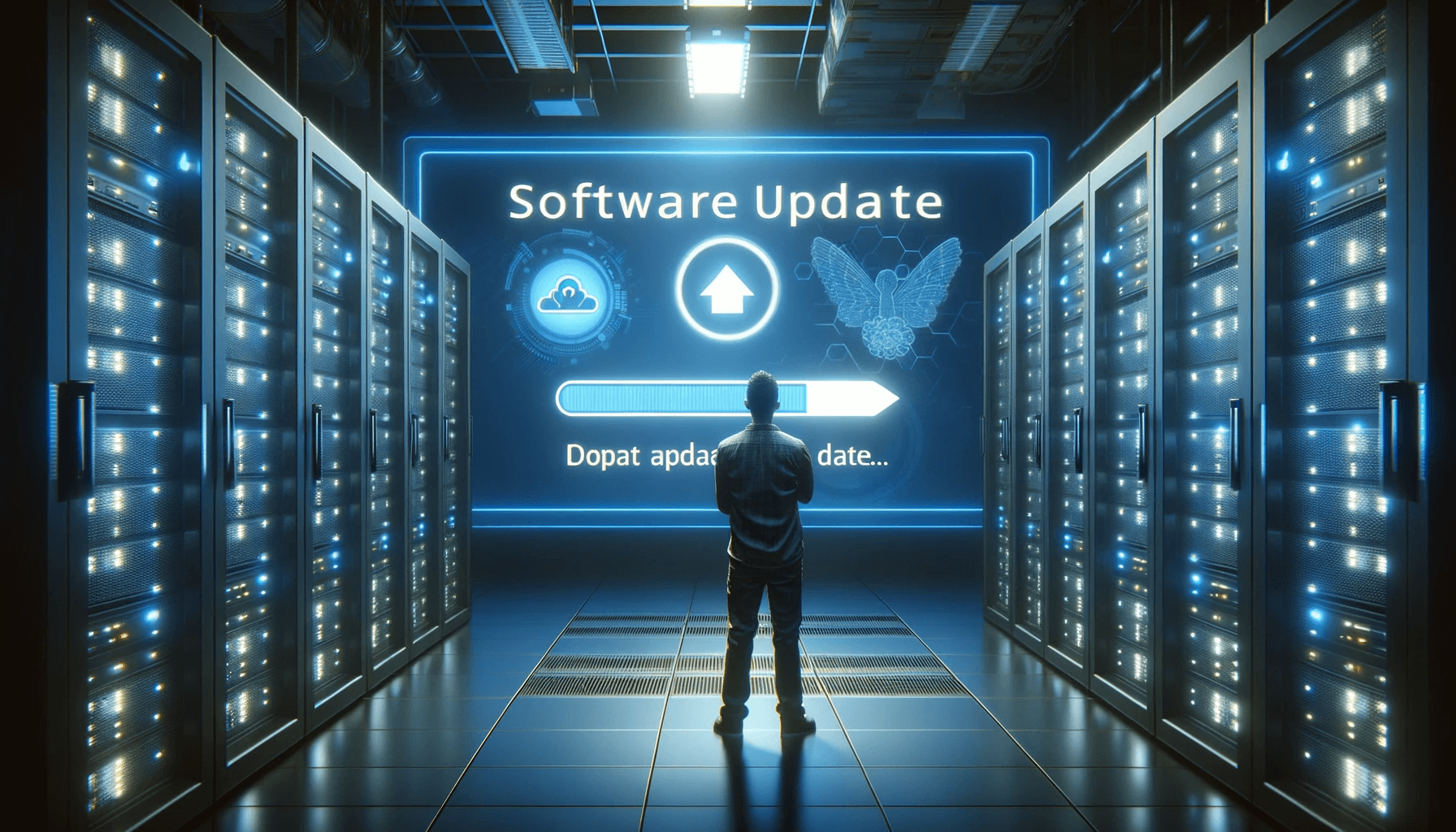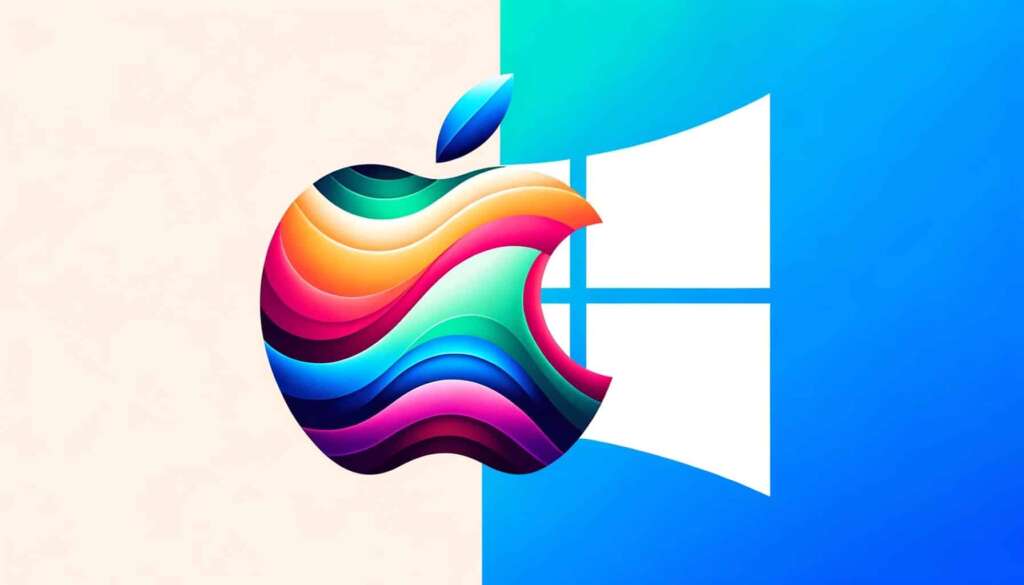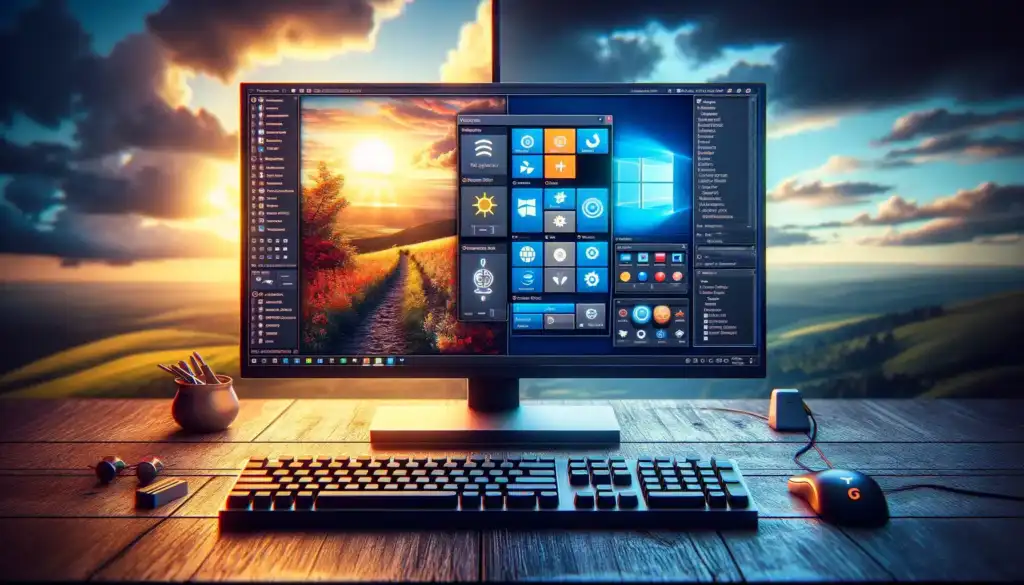Table of Contents
Welcome to our expert guide on optimising your Windows computer for enhanced performance. If you’ve been experiencing errors, sluggishness, or issues with unrecognized devices, this comprehensive guide will provide you with effective solutions. By making strategic changes to your computer settings, you can significantly improve its speed, storage capacity, and overall usability.
It’s important to approach the optimisation process systematically, making one change at a time and evaluating the results after each step. Follow the sections below to learn how to optimise your Windows computer and unlock its full potential.
Optimization 101: System Maintenance
Performing regular system maintenance is crucial for optimizing your Windows computer and ensuring it runs smoothly. By following these simple steps, you can address common issues, fix computer errors, and improve the performance of your recording rig.
1. File Management:
Proper file management is essential for efficient computer operation. Organize your files into logical folders and delete unnecessary files to free up storage space. Regularly empty the Recycle Bin to permanently remove deleted files.
2. Hardware Connections:
Check all hardware connections to ensure they are secure and functioning correctly. Loose connections can cause performance issues and unrecognized devices. Use the appropriate cables and connectors and avoid using damaged or frayed cables.
3. Update Drivers and Firmware:
Outdated drivers and firmware can lead to compatibility issues and decreased performance. Regularly check for updates from the manufacturers’ websites and install the latest drivers and firmware for your hardware devices, such as sound cards and recording interfaces.
By regularly performing system maintenance and following these optimization tips, you can ensure your Windows computer is running at its best. These simple steps will help you fix common computer issues, enhance the performance of your recording rig, and optimize your overall PC experience.
| Benefit | Actions |
|---|---|
| Improved file organization | Create logical folders, delete unnecessary files, empty Recycle Bin regularly |
| Enhanced hardware performance | Check and secure hardware connections, use appropriate cables |
| Optimized compatibility | Regularly update drivers and firmware for hardware devices |
Note: Performing regular system maintenance and following these tips will help ensure your Windows computer is optimized for optimal performance and stability.
Basic Tips for Optimising Your Windows Computer
When it comes to optimising your Windows computer, there are several basic tips you can follow to enhance its performance and speed up your PC. By implementing these strategies, you can ensure that your computer is running smoothly and efficiently, allowing you to work and play without any unnecessary delays or frustrations.
The first step in optimising your Windows computer is to close unnecessary programs while using your digital audio workstation (DAW). Having multiple programs running simultaneously can put a strain on your system’s resources, causing it to run slower. By closing programs that you don’t currently need, you can free up valuable CPU and memory resources, allowing your computer to allocate more power to your DAW and ensure a smoother recording and editing experience.
Another important tip is to regularly uninstall unused programs. Over time, your computer can become cluttered with software that you no longer use or need. These unused programs take up valuable disk space and can slow down your computer. By uninstalling them, you can free up space on your hard drive and improve the overall performance and speed of your PC.
In addition to closing unnecessary programs and uninstalling unused software, performing regular antivirus scans is crucial to optimising your Windows computer. Viruses and malware can significantly impact your computer’s performance, causing it to slow down or even crash. It’s important to have a reliable antivirus program installed and to run scans on a regular basis to detect and eliminate any potential threats.
By following these basic tips, you can optimise your Windows computer and improve its performance and speed. By closing unnecessary programs, uninstalling unused software, and performing regular antivirus scans, you can ensure that your computer is running at its best and providing you with a seamless computing experience.

Basic Tips for Optimising Your Windows Computer:
- Close unnecessary programs while using your digital audio workstation (DAW)
- Uninstall unused programs to free up disk space
- Perform regular antivirus scans to detect and eliminate threats
File Management for Improved Performance
In order to optimize the performance of your Windows computer, it is crucial to implement proper file management techniques. This section will guide you through the best practices for managing your files, minimizing file movement, and utilizing dedicated hard drives for maximum efficiency.
One of the key recommendations for file management is to use dedicated hard drives for specific purposes. For instance, if you work with digital audio workstations (DAWs) and have a large collection of virtual instrument libraries, it is advisable to allocate a separate hard drive for these files. This not only ensures faster access to the virtual instruments but also reduces the risk of errors and conflicts.
Furthermore, it is important to minimize file movement as much as possible. Constantly moving files and folders between different locations can result in fragmented data and increased stress on the hard drives, leading to slower performance. To avoid this, organize your files in a logical folder structure and refrain from unnecessary transfers.
Table: Benefits of Proper File Management
| Benefits | Explanation |
|---|---|
| Improved Performance | Minimizing file movement and using dedicated hard drives enhances the overall speed and efficiency of your computer. |
| Reduced Errors | Proper file management reduces the risk of errors and conflicts, especially when working with virtual instrument libraries. |
| Enhanced Organization | Having a well-structured folder system makes it easier to locate and access files, saving time and improving productivity. |
| Optimized Storage Space | By minimizing file movement and regularly cleaning up unused files, you can free up valuable disk space and maximize storage capacity. |
By following these file management techniques, you can ensure a smoother workflow, faster access to your files, and an overall improved performance for your Windows computer.
Optimal Hardware Connections
Optimal hardware connections are crucial for maximizing the performance of your Windows computer. By ensuring that your hardware is properly connected and utilizing the right cables and power supply, you can enhance the speed and reliability of your system.
USB 3.0 Devices
When connecting USB devices to your computer, it is important to take advantage of USB 3.0 ports if they are available. USB 3.0 offers faster transfer speeds compared to USB 2.0, allowing for quicker data transfers and improved overall performance. If you have USB 3.0 devices, make sure to connect them to a USB 3.0 port to fully leverage their capabilities.
Powered USB Hub
If you find yourself with limited USB ports on your computer, using a powered USB hub can be a convenient solution. A powered USB hub allows you to connect multiple USB devices to a single port, eliminating the need for constantly swapping connections. This can help prevent connectivity issues and ensure that all your devices receive sufficient power for optimal performance.
Proper Cables
Using the appropriate cables for your hardware connections is essential. Manufacturers often provide specific cables that are designed to work seamlessly with their devices. It is recommended to use these cables instead of generic ones, as they are optimized for performance and compatibility. Using proper cables can help minimize signal loss, reduce interference, and ensure stable and reliable connections.
Power Supply for External Devices
External devices such as audio interfaces, MIDI controllers, and external hard drives often come with their own power supply options. It is advisable to use these power supplies instead of relying solely on USB bus power, especially when using a laptop. External devices may require additional power to operate efficiently, and using their designated power supply can help prevent performance issues and ensure consistent functionality.
| Hardware Connection | Recommendation |
|---|---|
| USB devices | Connect USB 3.0 devices to USB 3.0 ports for faster performance |
| Limited USB ports | Use a powered USB hub to connect multiple devices |
| Cables | Use proper cables provided by manufacturers for optimal compatibility |
| External devices | Use the provided power supply instead of relying solely on USB bus power |
By following these guidelines for optimal hardware connections, you can ensure that your Windows computer operates at its best. Taking the time to properly connect your hardware, utilize the right cables, and provide adequate power can significantly enhance the performance and reliability of your system.
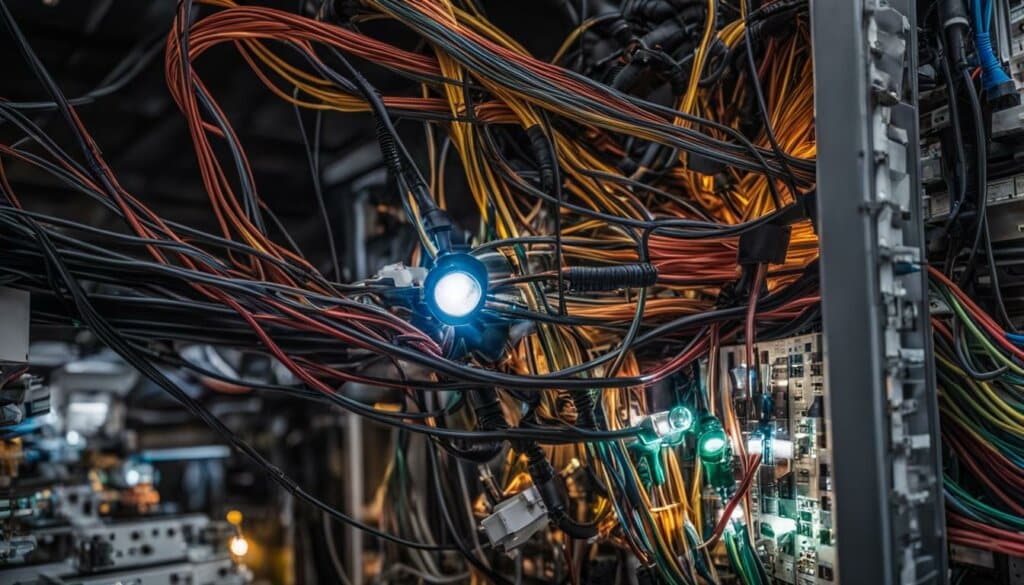
Conclusion
Optimising your Windows computer can greatly improve its performance and usability. By following the steps outlined in this expert guide, you can optimise the speed, storage, and usability of your computer.
Performing regular system maintenance, such as file management, hardware connections, and driver updates, is crucial in fixing computer issues and enhancing the performance of your recording rig. These small tweaks can make a significant difference.
Additionally, implementing basic tips like closing unnecessary programs, regularly uninstalling unused programs, and performing antivirus scans can further improve your computer’s speed and overall performance.
Remember, taking care of your computer is an ongoing process. By using this expert guide and making one change at a time, you can gradually optimise your Windows computer and enjoy a smoother computing experience.
FAQ
How can I optimize my Windows computer’s performance?
You can optimize your Windows computer’s performance by performing basic system maintenance, closing unnecessary programs, disabling non-essential startup services, regularly emptying the Recycle Bin, uninstalling unused programs, performing antivirus and malware scans, and using built-in antivirus software like Windows Defender.
What is the importance of proper file management?
Proper file management is essential for improved performance. It is recommended to use dedicated hard drives for DAW projects, sound libraries, and plugins. Avoid constantly moving files and folders between locations, especially with virtual instrument libraries, as this can cause errors and stress on the hard drives.
How can I ensure optimal hardware connections?
To ensure optimal hardware connections, connect USB 3.0 devices to USB 3.0 ports and USB 2.0 devices to USB 2.0 ports. Use a powered USB hub if you have limited USB ports. Use the included cables that come with your hardware for proper connections. If your hardware includes a power supply, use it instead of relying on USB bus power, especially for laptops.

